Military covenant 'failing to protect injured veterans'
Medical experts say government is not keeping its promise to give veterans priority NHS treatment
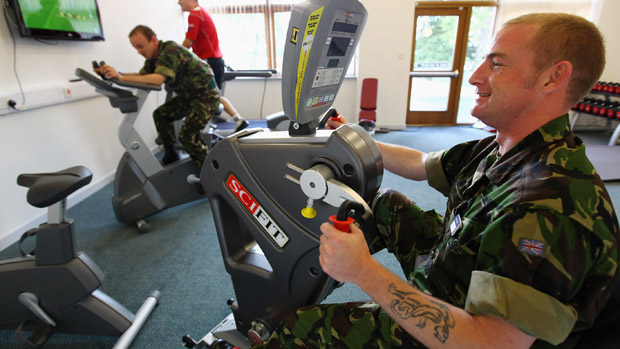
A free daily email with the biggest news stories of the day – and the best features from TheWeek.com
You are now subscribed
Your newsletter sign-up was successful
Military veterans are not being provided with the healthcare service they were promised by the government, say leading medical experts.
The Armed Forces Covenant, which was partly enshrined in law in the Armed Forces Act 2011, states that veterans injured in service should receive priority treatment from the NHS.
The covenant involves an "obligation for life", and says the commitment and sacrifices made by veterans should be properly recognised in the support they receive.
The Week
Escape your echo chamber. Get the facts behind the news, plus analysis from multiple perspectives.

Sign up for The Week's Free Newsletters
From our morning news briefing to a weekly Good News Newsletter, get the best of The Week delivered directly to your inbox.
From our morning news briefing to a weekly Good News Newsletter, get the best of The Week delivered directly to your inbox.
But professors in psychology and orthopaedics treating injured veterans say ministers are failing to keep their promise.
Professor Neil Greenberg, from the Royal College of Psychiatrists, tells the BBC: "In my view the government needs to be a bit more honest about what it is delivering and just what it says it's delivering, because the two are definitely not the same."
Professor Tim Briggs, a leading orthopaedic surgeon, recently wrote the Chavasse Report, which found that the "system is not currently able to guarantee timely high quality care", with some service personnel and some NHS staff unaware of the covenant.
Since 2001, almost 13,000 service personnel have been medically discharged for musculoskeletal disorders, which includes loss of limbs or problems with ligaments and joints.
A free daily email with the biggest news stories of the day – and the best features from TheWeek.com
Simon Brown, a corporal in the Army for more than ten years, was medically discharged after he was shot in the face by a sniper in 2006. Eight years later, he says he has still not had all the surgery he requires. Brown does not blame the staff, but the system itself which he says involves long processes and "a lot of jumping through hoops".
He insists that better treatment would mean veterans could remains productive members of society. "I see it as: it's actually a good investment to look after these people and give them the support and help they need," says Brown.
A Ministry of Defence spokesman said the government had "worked hard to ensure our serving personnel, veterans and families have the support they need and are treated with the dignity they deserve".
-
 6 exquisite homes with vast acreage
6 exquisite homes with vast acreageFeature Featuring an off-the-grid contemporary home in New Mexico and lakefront farmhouse in Massachusetts
-
 Film reviews: ‘Wuthering Heights,’ ‘Good Luck, Have Fun, Don’t Die,’ and ‘Sirat’
Film reviews: ‘Wuthering Heights,’ ‘Good Luck, Have Fun, Don’t Die,’ and ‘Sirat’Feature An inconvenient love torments a would-be couple, a gonzo time traveler seeks to save humanity from AI, and a father’s desperate search goes deeply sideways
-
 Political cartoons for February 16
Political cartoons for February 16Cartoons Monday’s political cartoons include President's Day, a valentine from the Epstein files, and more
-
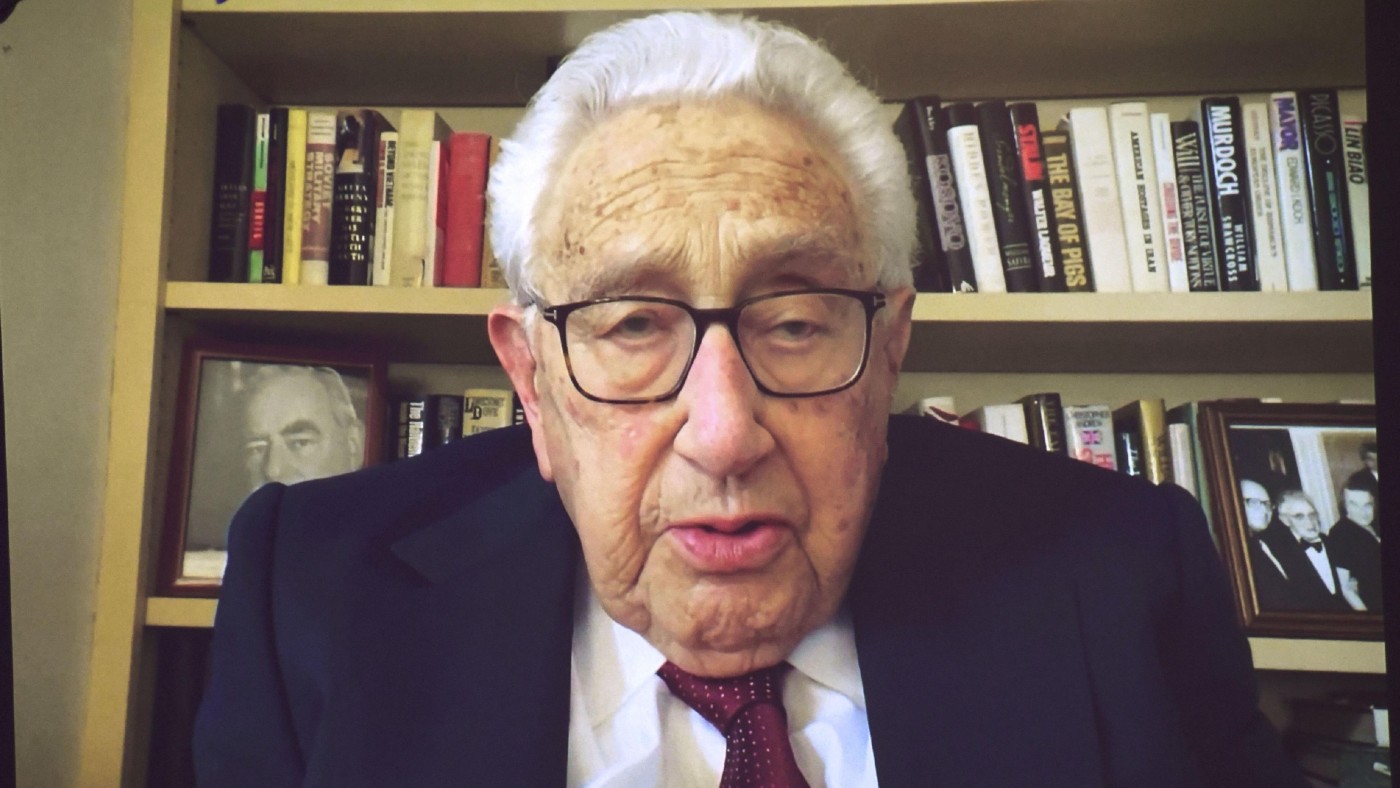 Is Henry Kissinger right about Ukraine?
Is Henry Kissinger right about Ukraine?Speed Read The US statesman made a controversial speech at a virtual Davos appearance last week
-
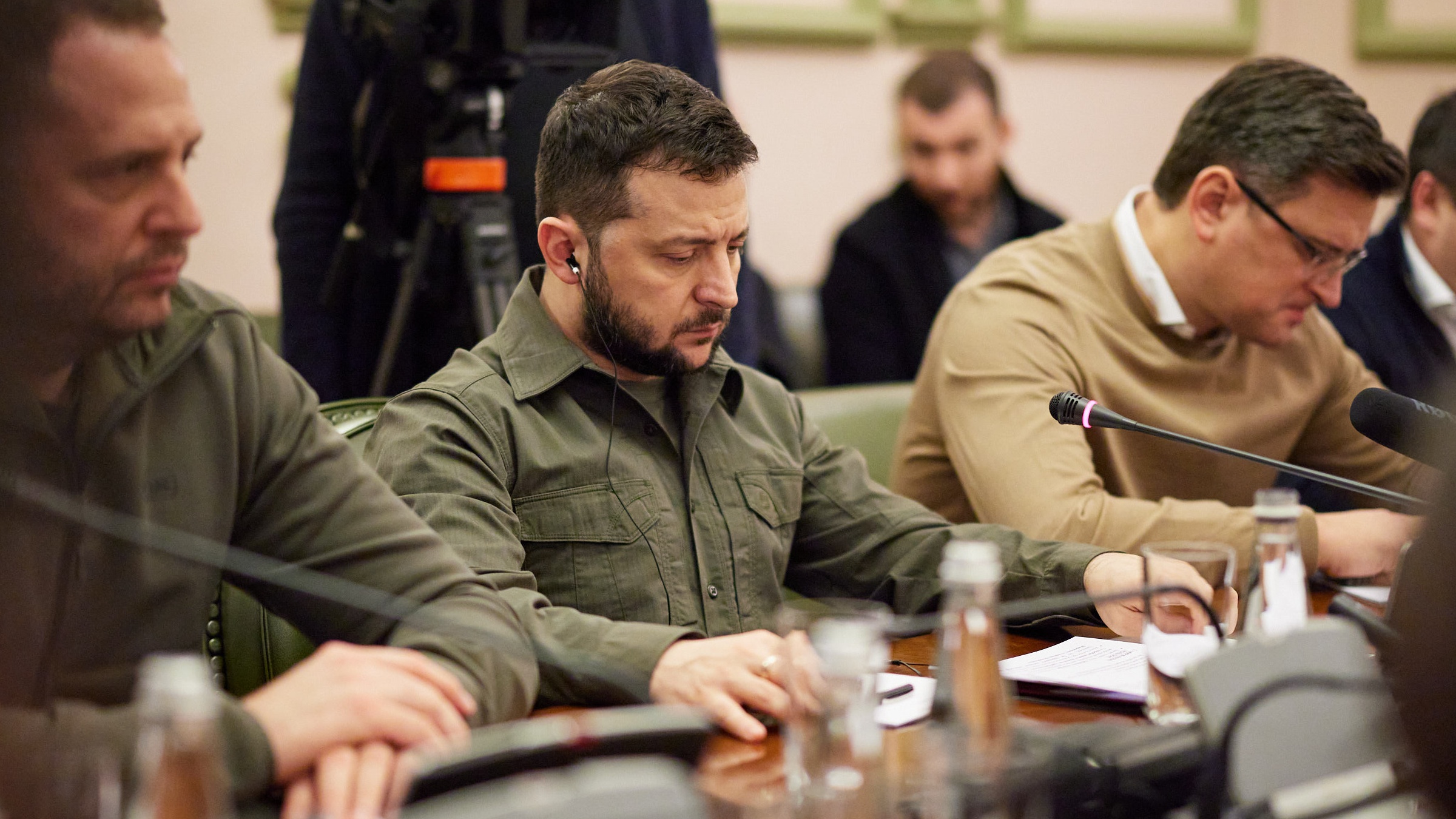 Volodymyr Zelenskyy refused evacuation as Russian hitmen ‘parachuted’ into Kyiv
Volodymyr Zelenskyy refused evacuation as Russian hitmen ‘parachuted’ into KyivSpeed Read Ukrainian president turned down opportunity to leave capital despite threat to life, adviser claims
-
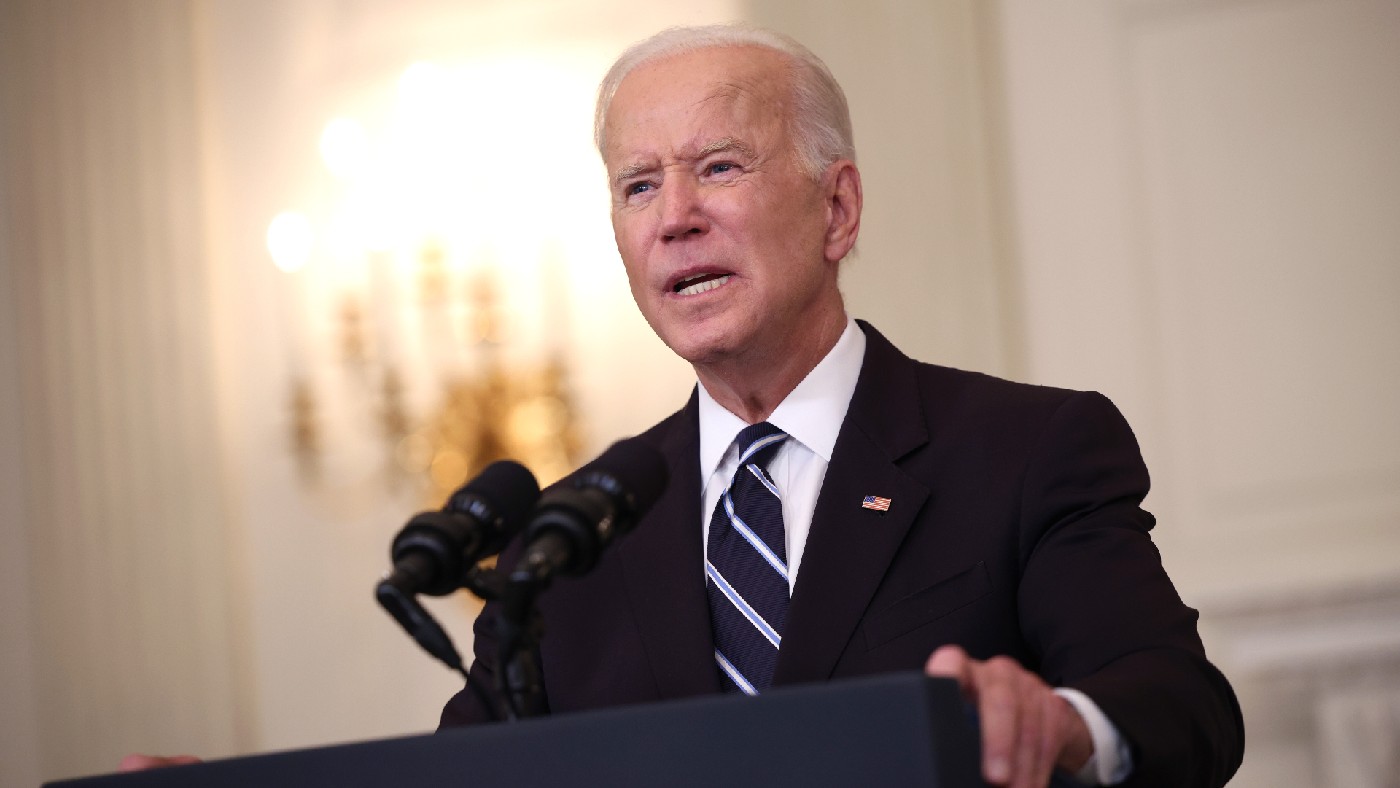 America’s withdrawal from Afghanistan: a retreat into isolationism?
America’s withdrawal from Afghanistan: a retreat into isolationism?Speed Read ‘In his selfish unilateralism’, Biden is no better than Trump, said The Daily Telegraph
-
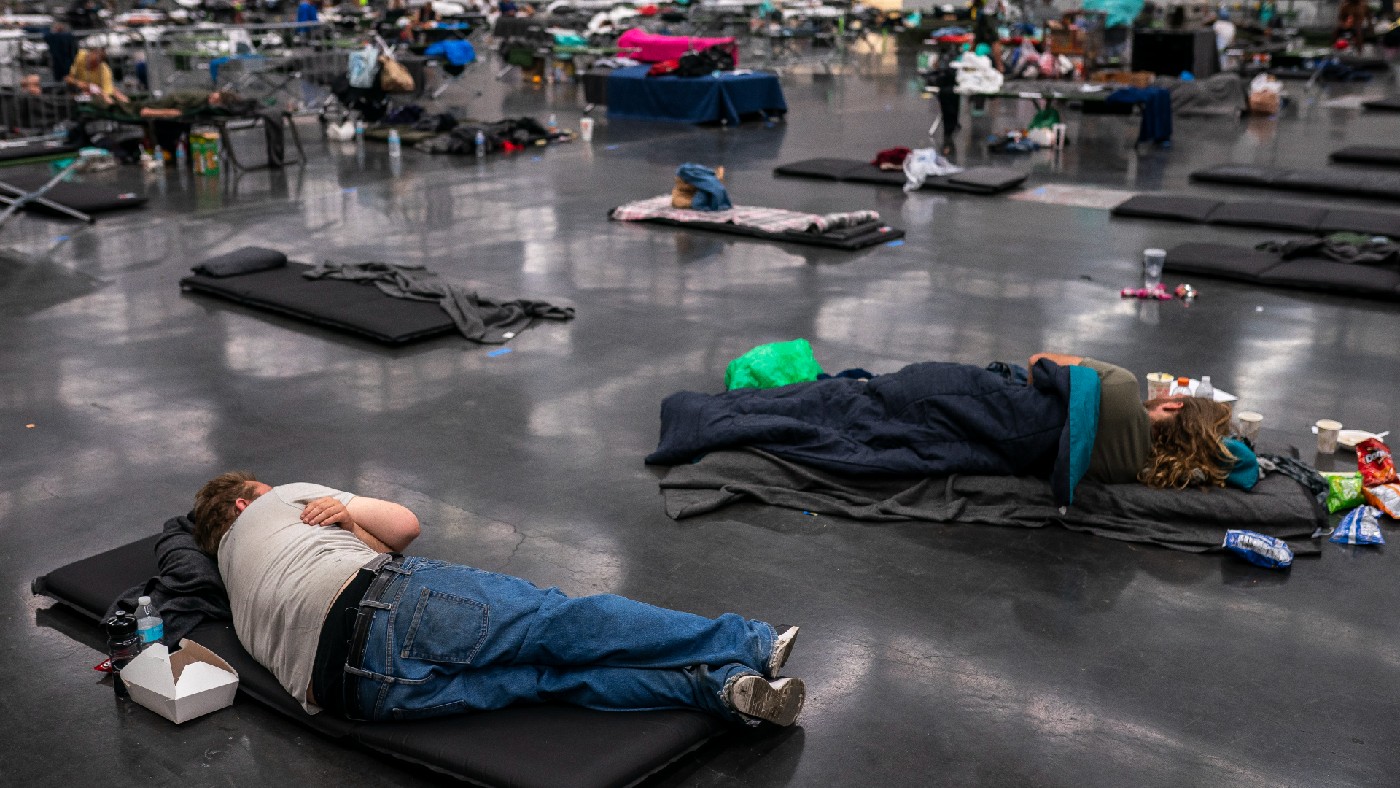 The ‘heat dome’: blistering temperatures in the Pacific Northwest should act as a wake-up call
The ‘heat dome’: blistering temperatures in the Pacific Northwest should act as a wake-up callSpeed Read People are used to hearing of record-high temperatures in desert states such as Nevada or Arizona, but not in verdant Washington and Oregon
-
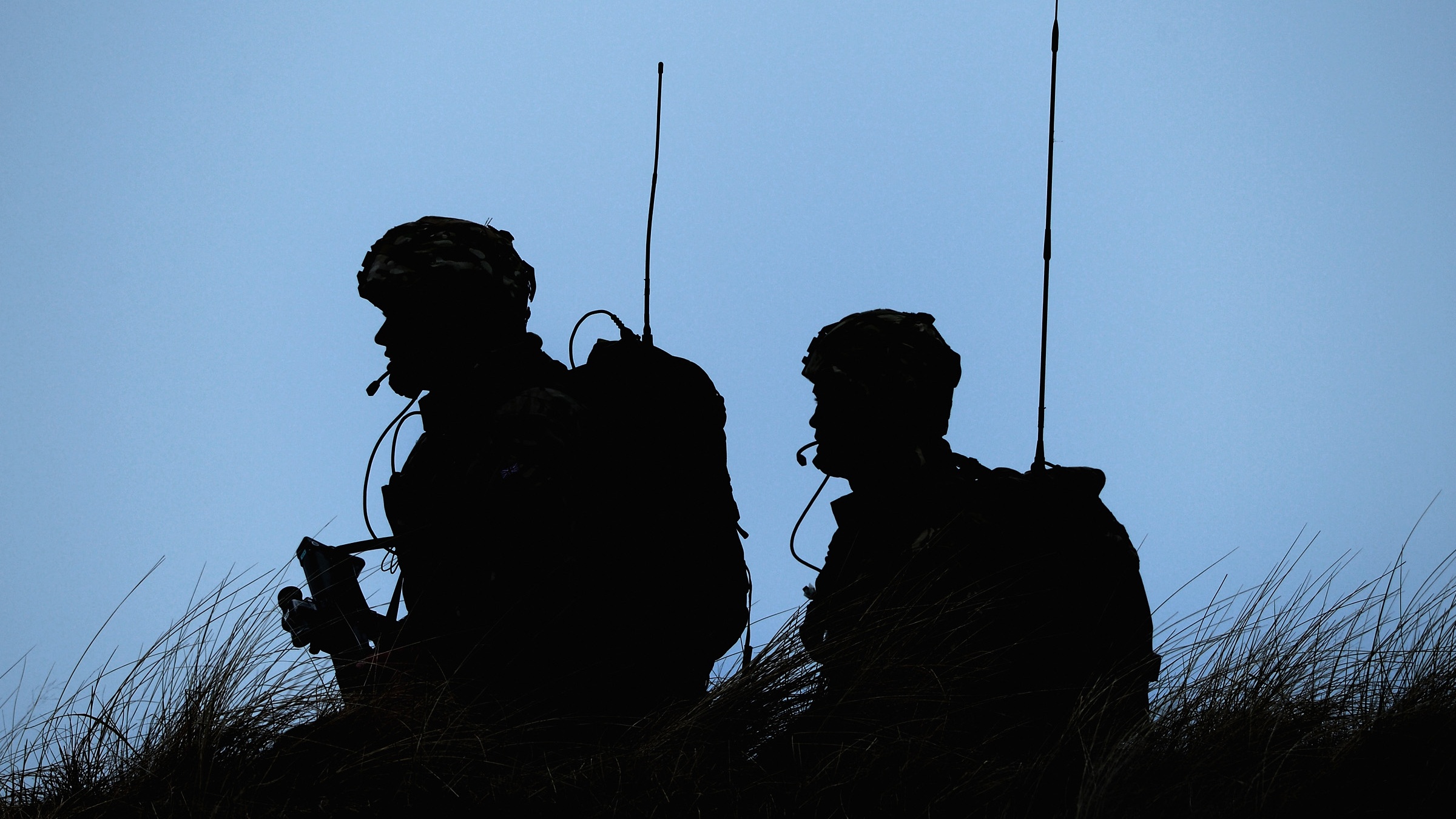 Royal Marines ready to ‘disrupt and confuse’ enemies
Royal Marines ready to ‘disrupt and confuse’ enemiesSpeed Read Military chief says operating in area between peace and war could prevent all-out conflict
-
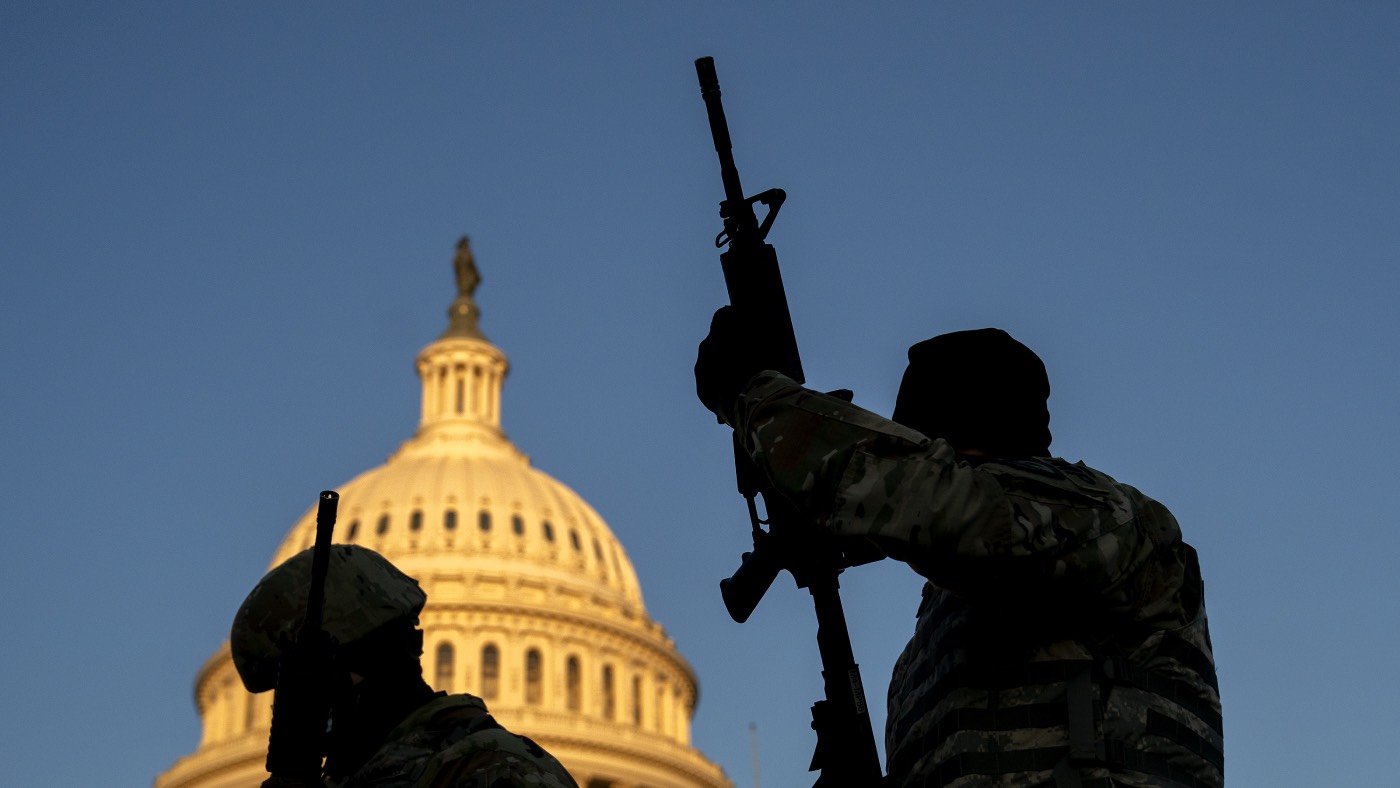 US Secret Service screening inauguration troops for riot sympathisers
US Secret Service screening inauguration troops for riot sympathisersSpeed Read National Guard members under investigation as mob member claims GOP lawmakers aided Capitol siege
-
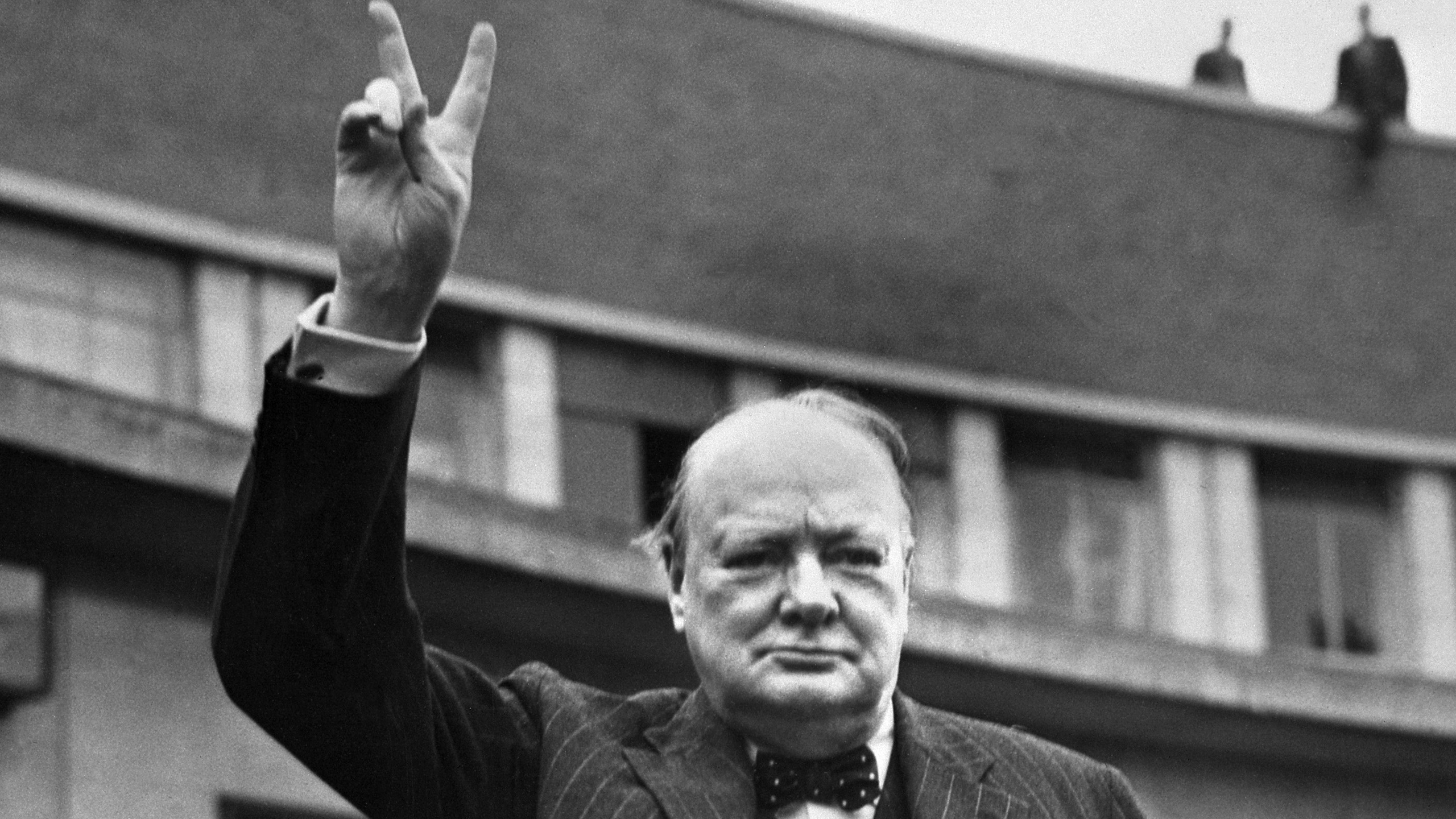 Plea for public to help find secret Second World War bunkers
Plea for public to help find secret Second World War bunkersSpeed Read Hundreds of ‘Scallywag’ underground hideouts lie undiscovered in British countryside
-
 GCHQ unveils annual Christmas card puzzle - can you solve it?
GCHQ unveils annual Christmas card puzzle - can you solve it?Speed Read Spy agency challenges ‘wise men and women’ to take on bauble brainteaser